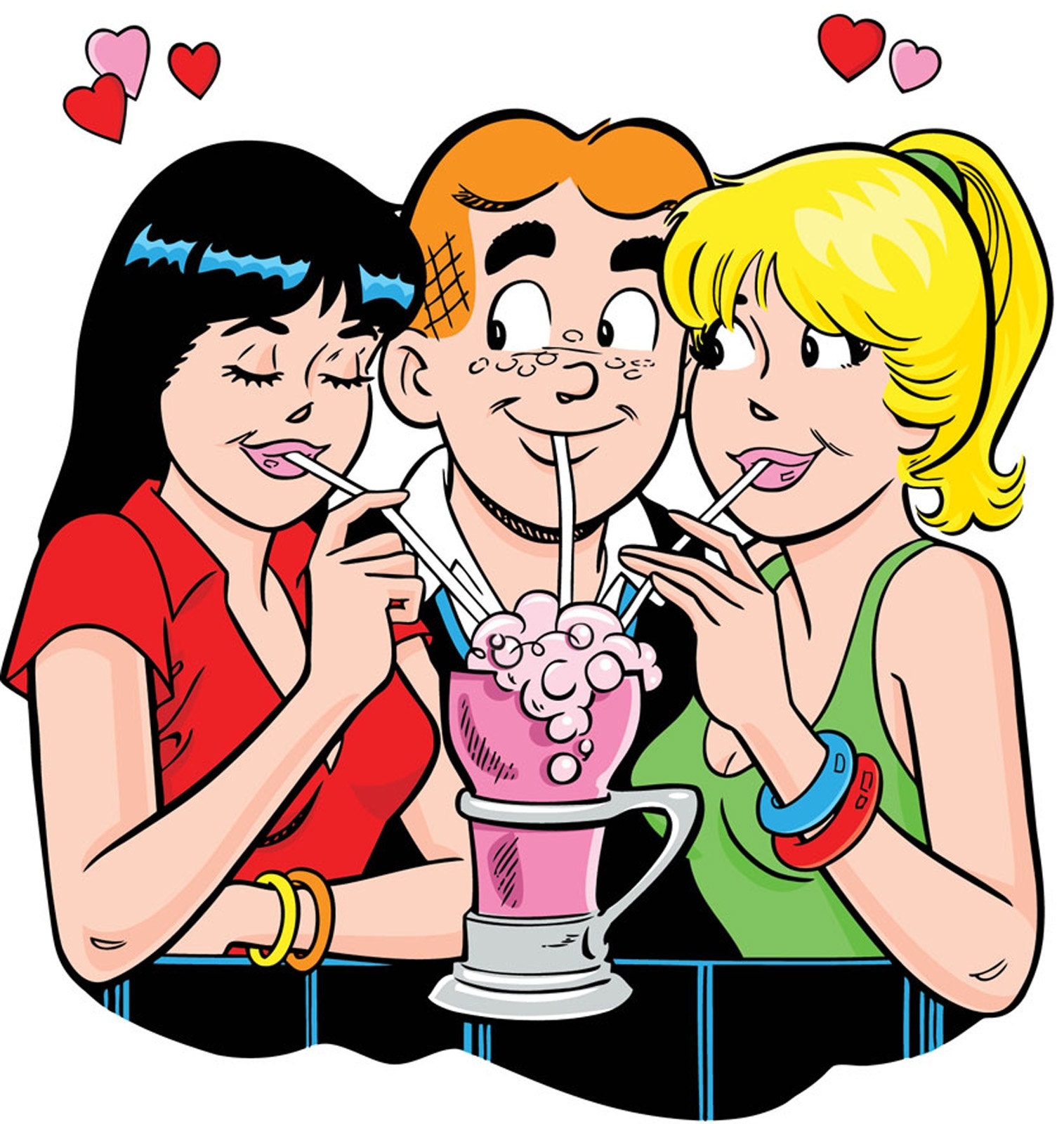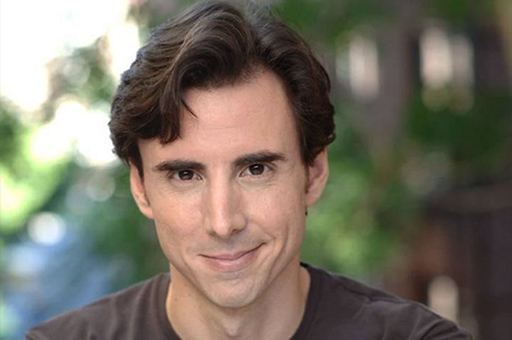By now I believe most in the comics industry have heard about the Kickstarter that Archie Comics had put up. They were asking interested parties to help them crowdfund $350,000 to help reboot their age old franchise of Archie comics and accelerate the production of three new comic book series. The backlash of a large 75 year old company asking for handouts was immediate and while the Kickstarter quickly garnered over 600 contributors in the short time it was active, Archie Comics chose not to deal with industry outrage and shutdown their Kickstarter.
 |
A date with Archie as a kickstarter reward? I
bet most of the money came from Veronica |
Did Archie do the right thing? They obviously had supporters, and perhaps the flaming was simply the overstated voice of trolls; also was this public frustration justified? Other notable individuals like Spike Lee (Do the Right Thing, Old Boy) have also used Kickstarter to fund and create projects without so much negative feedback. It could be that since the comics industry while rapidly growing is still very small, and an individuals voice has more weight. Archie wasn't even trying to make a ton of money, just accelerate production of these titles so they could bring their audience more content sooner and appeal to a new generation. Marvel has been doing something similar with its titles; hitting the refresh button for this new consumer, but Marvel has the financial backing to reboot over 20 titles.
Between the Panels made a great point citing that "...this situation serves as a reminder that when it comes to comics, everyone that isn't Marvel or DC counts as 'the little guy.'"
I think more recognized names, like the respected Archie Comics, or even the derided Uwe Boll, shows that Kickstarter is changing, it is no longer just for indies. As big names seek out funding for their larger projects it may seem untoward that Kickstarter, the company that have put many independent creators on their feet is now kowtowing to individuals and companies that many would feel have an unfair advantage financially as well as their reknown. I can't agree with this perspective, however, and firmly believe that larger companies reaching out to crowdfund projects is the evolution of business and only advantageous for us as the consumer and the company itself.
Crowdfunding mediums allow direct access to the consumer-ideally that means the product being created end up with less hands sullying it. Less editorial, less interference from large investors who have way too much sway in how the product ends up. Editorial is how Sam Rami's Spiderman 3 ended up being as terrible as it was. Those providing funding or running the studio wanted to throw in as many villians and popular characters not to tell a story but to push its wow factor and allow for more merchandising. As has been seen time and again this kind of creative interference can destroy a product, it also perpetuates the concept that a few individuals wielding too much power can ruin everything for everyone. So when a company is trying to create something and has a really stupid idea its less likely that individuals will put out money to make it happen. In fact its almost like a really solid entertainment democracy that happens. It means when fools like Uwe Boll, (responsible for such terd nuggets as Bloodrayne, and Farcry films) try to start a
Kickstarter campaign the get phenomenally shot down! Suddenly instead of investors interested solely in profit they have investors that are interested in the product. Money coming direct from the consumer helping regulate trash media, and things that belong in the garbage get there while its still in the conception stages and not before tons of person-hours or even product are left as refuse.
 |
| Some of the Atari dump |
Filtering terrible products and entertainment, crowdfunding evidently can also help on an environmental level. When the videogame industry went bust it was no secret that
Atari had to trash large portions of its stock because it was effectively worthless. Companies have always faced this issue-where is the sweet spot in supply and demand? Certain books can be overprinted, marketing can miss their target and a bunch of stuff created can end up as trash. Garbage product is still a concern, but companies can use the level of success of their crowdfunding project to predict earlier the amount of demand that a creation might have. Not only can they use that to figure out how much to create, they can also find out where their contributors are from and use that to better target the region that has shown interest.
So what if a big company like Archie wants to crowdfund a few books. Who cares if some of their rewards seem silly, such as following a contributor back on twitter. To some people that may be important; if you are a comics creator having a large comics company on social media can really help you garner a following. Either way if you don't like the reward, then you don't donate-its how our system works. Money equals support, ideas that aren't supported do not get money.
I think the big dogs using crowdfunding media means that there is a potential for a creative golden age as consumers have more say over the media they want. Does this mean that Indies are now bust as far as funding? No. There are so many other crowdfunding outlets-
Patreon,
Indiegogo, T-spring.
I think the outrage was just growing pains from new innovations being homogenized by the industry-its evolution in a nutshell, its painful scary, and also temporary because soon something different will come along. Archie Comics good for you for trying something new!
Sir Thomas J. Gryphon is just some another Millennial who is evolving to better understand his place in the comics industry and the universe.
Bib.
"Atari E.T. Dig- Alamogordo, New Mexico (14036097792)" by taylorhatmaker - Atari E.T. Dig: Alamogordo, New Mexico. Licensed under CC BY 2.0 via Wikimedia Commons - https://commons.wikimedia.org/wiki/File:Atari_E.T._Dig-_Alamogordo,_New_Mexico_(14036097792).jpg#/media/File:Atari_E.T._Dig-_Alamogordo,_New_Mexico_(14036097792).jpg
http://www.ign.com/articles/2015/05/15/between-the-panels-archies-kickstarter-sheds-light-on-a-larger-problem

 But it doesn't start at Starlight Tavern as it seems to be its own spinoff of the creators comic series, Salvagers; a story that explores the dirty blue collared element of the galaxy. You don't have to read Salvagers to get Starlight as it holds its own even without a strong linear narrative. Instead I find myself curious about the comic from reading the webcomic. A humorous webcomic featuring much of the familiar in scifi is an innovative way to invite interested readers into a whole seperate series which features elements that are found in Starlight Tavern.
But it doesn't start at Starlight Tavern as it seems to be its own spinoff of the creators comic series, Salvagers; a story that explores the dirty blue collared element of the galaxy. You don't have to read Salvagers to get Starlight as it holds its own even without a strong linear narrative. Instead I find myself curious about the comic from reading the webcomic. A humorous webcomic featuring much of the familiar in scifi is an innovative way to invite interested readers into a whole seperate series which features elements that are found in Starlight Tavern.







